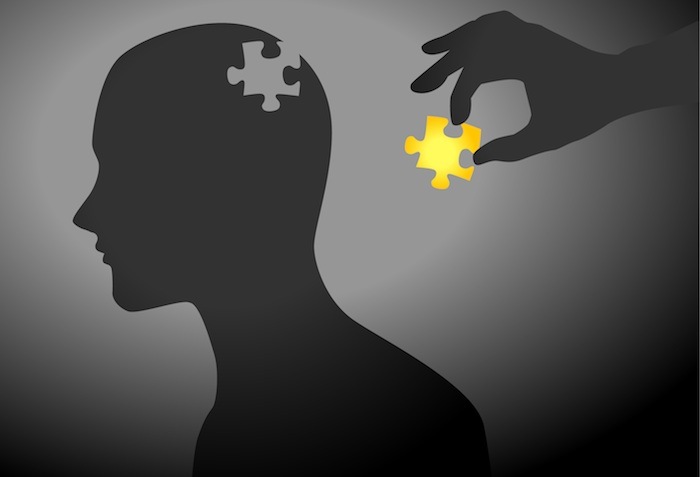
How cognitive behavioural therapy works: key points of CBT
Cognitive behavioural therapy (CBT) is a mental health treatment that helps identify and change a person’s thought patterns
What is Cognitive Behavioural Therapy
Cognitive behavioural therapy is a form of psychological treatment that focuses on connecting thoughts, beliefs, and attitudes to one’s behaviours.
For example, negative thought causes someone to have self-destructive feelings and behaviour.
It may result in them behaving shyly or may feel withdrawn in social situations.
CBT challenges these thoughts and provides a person with healthy management strategies.
Cognitive behavioural therapy is a broad concept, with different types focusing on various aspects of life. The treatment aims to address specific problems, such as emotional or social challenges.
Studies show that CBT supports people with depression, panic and anxiety disorder, substance abuse problems, and severe mental illness.
It has been proven to be as effective as, or more than, other forms of psychiatric therapy and medications.
In addition, there is also growing evidence that CBT helps to relieve chronic pain.
CBT Treatment for anxiety
Most people feel anxious from time to time.
Anxiety is a form of mental disorder that increases performance in high-pressure situations.
But for some, the feeling of anxiety is more general.
Meaning the person is always in ‘alert’ mode or often feel excessive fear no matter what activity they are engaged in.
It can be extremely distressing and get in the way of completing daily tasks.
Once anxiety starts to interfere with one’s ability to function, it is vital to learn coping strategies for these feelings. It is where cognitive behavioural therapy can help.
CBT help change thinking patterns and beliefs that are linked with anxiety triggers.
CBT Treatment for Depression
Depression is characterised by a persistent negative feeling about oneself, others, and the world in general.
In most cases, the person may have irrational and unfair judgment.
CBT helps people with depression by providing tools that challenge negative thoughts.
The therapy often overrides these ‘negatives’ with a more realistic and positive thought process.
Talk to a doctor or mental health professional for further information or advice.
CBT on Thoughts, Feelings and Behaviours
The main focus of cognitive behavioural therapy is to combine thoughts, feelings, and behaviours to improve quality of life.
CBT treatment aims to teach individuals that it is possible to control how they think, feel, and behave.
This therapy challenges the norm using practical strategies to change or modify automatic beliefs and behaviour.
It can develop a positive feeling, which eventually leads to more optimistic thoughts and behaviours.
Who provides CBT?
Psychologists, therapists, counsellors, and mental health professionals can provide CBT.
Cognitive-behavioural therapy can be given in one-on-one therapy sessions, small groups or online.
These professionals undergo intensive training to look logically at the evidence that causes negative thoughts to help patients adjust how they view the world around them.
Read Also:
Emergency Live Even More…Live: Download The New Free App Of Your Newspaper For IOS And Android
Intermittent Explosive Disorder (IED): What It Is And How To Treat It
Management Of Mental Disorders In Italy: What Are ASOs And TSOs, And How Do Responders Act?


